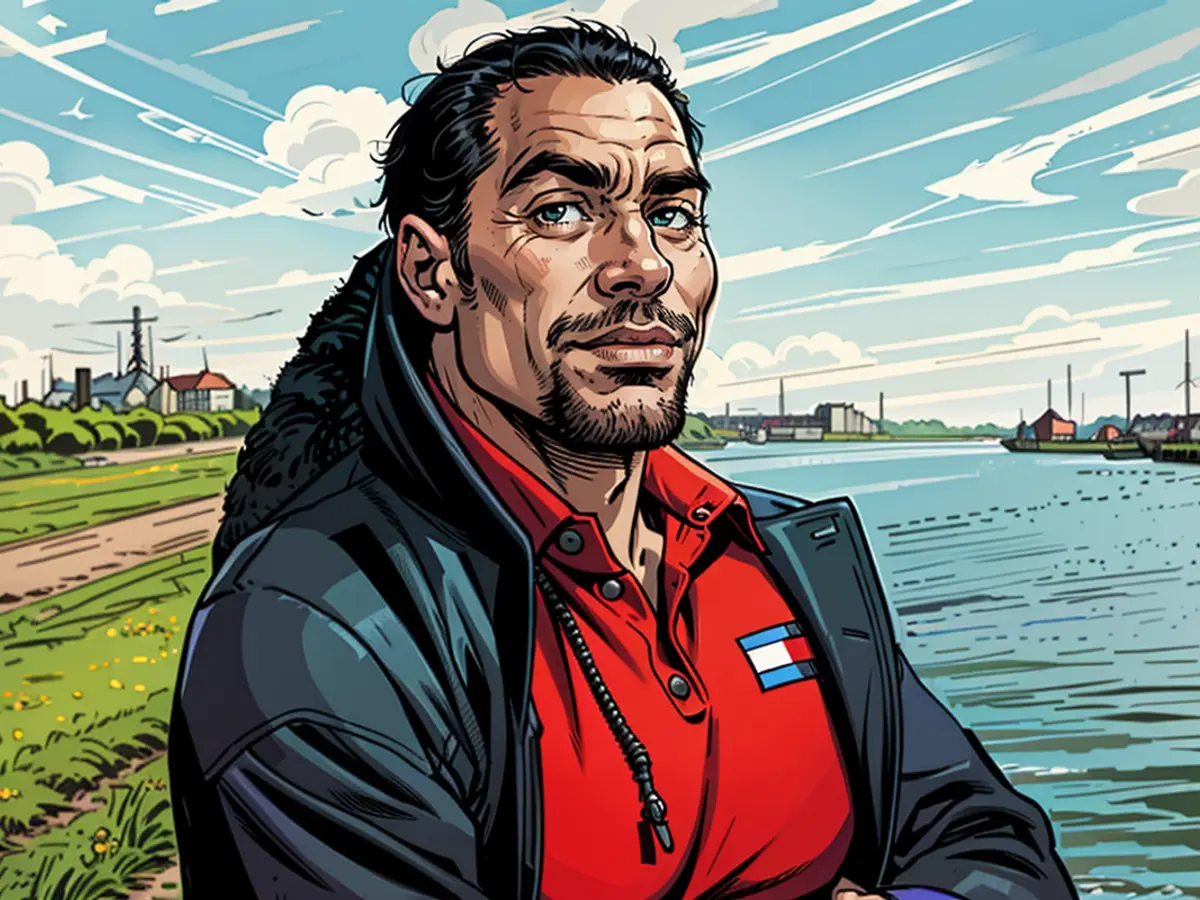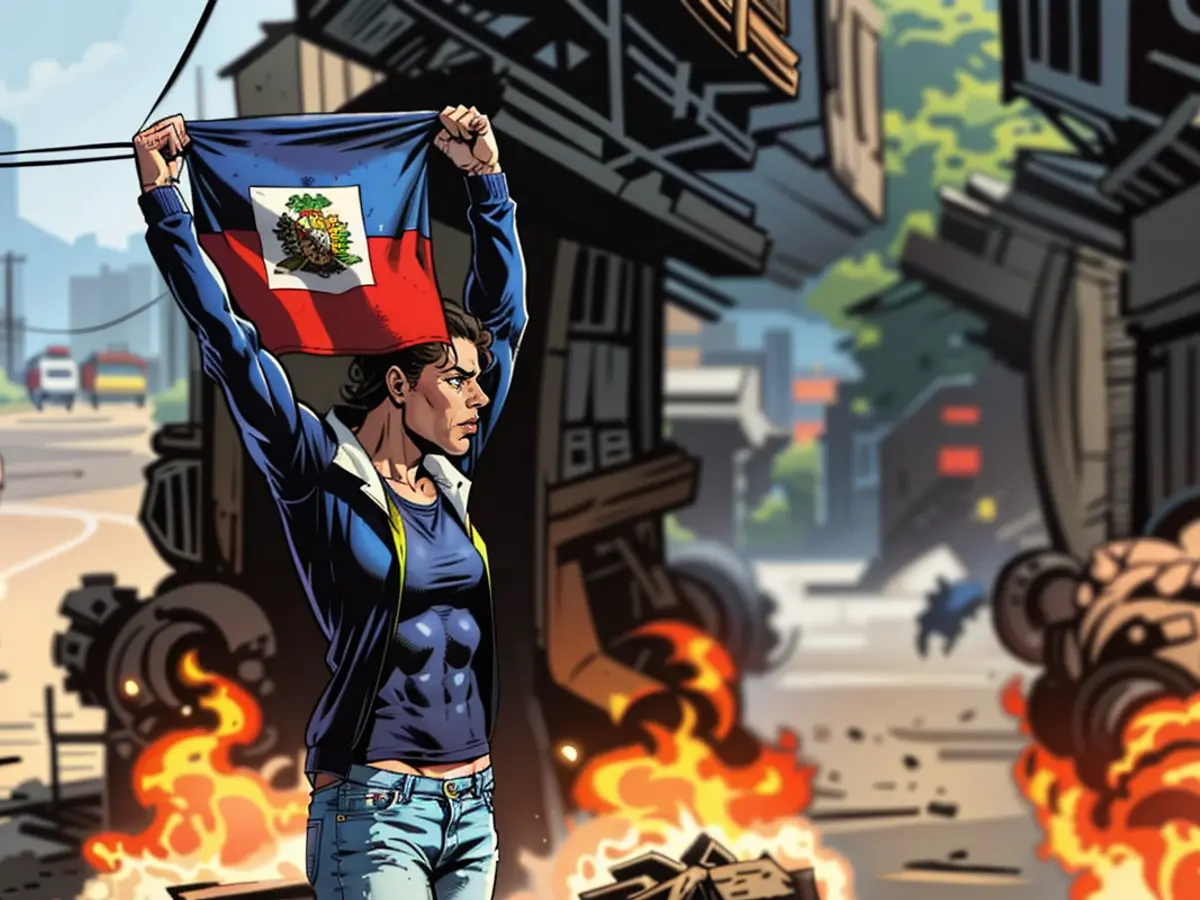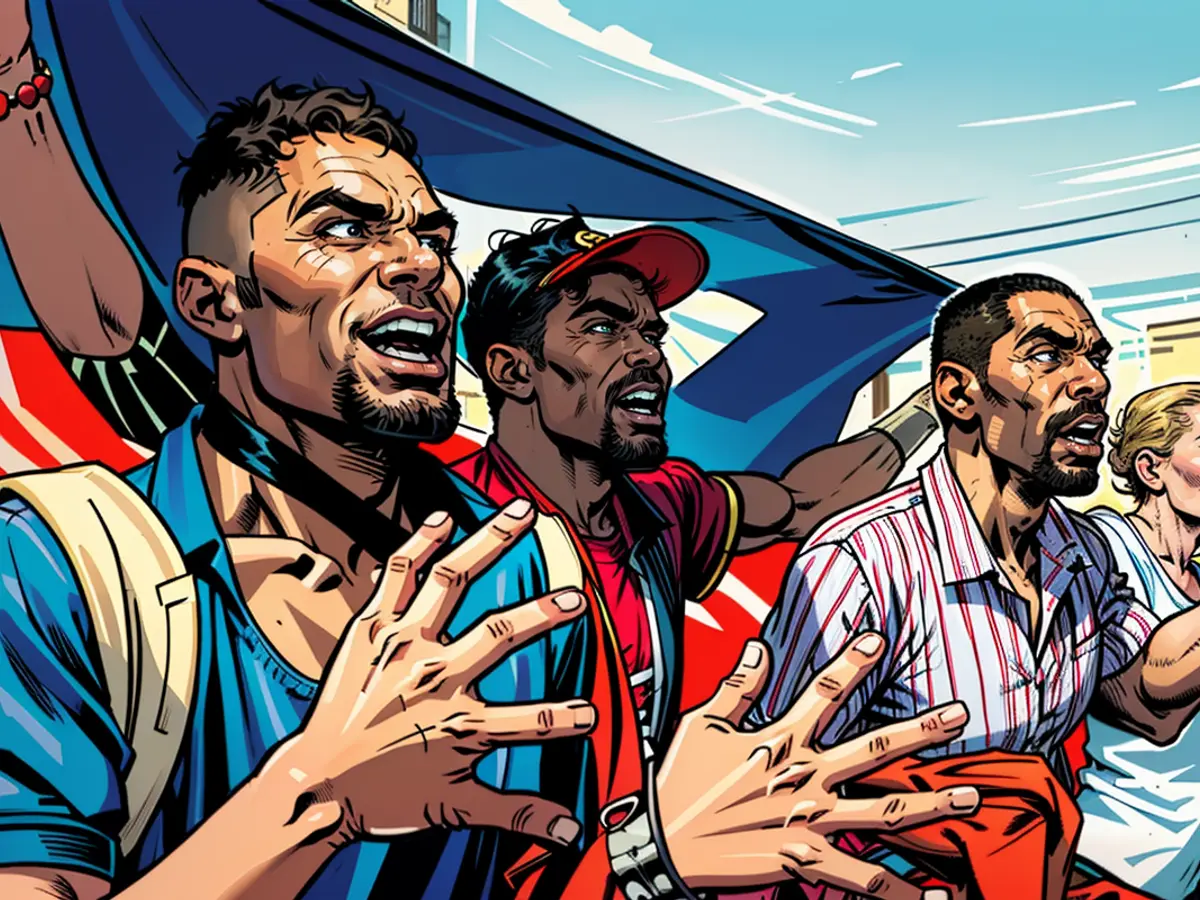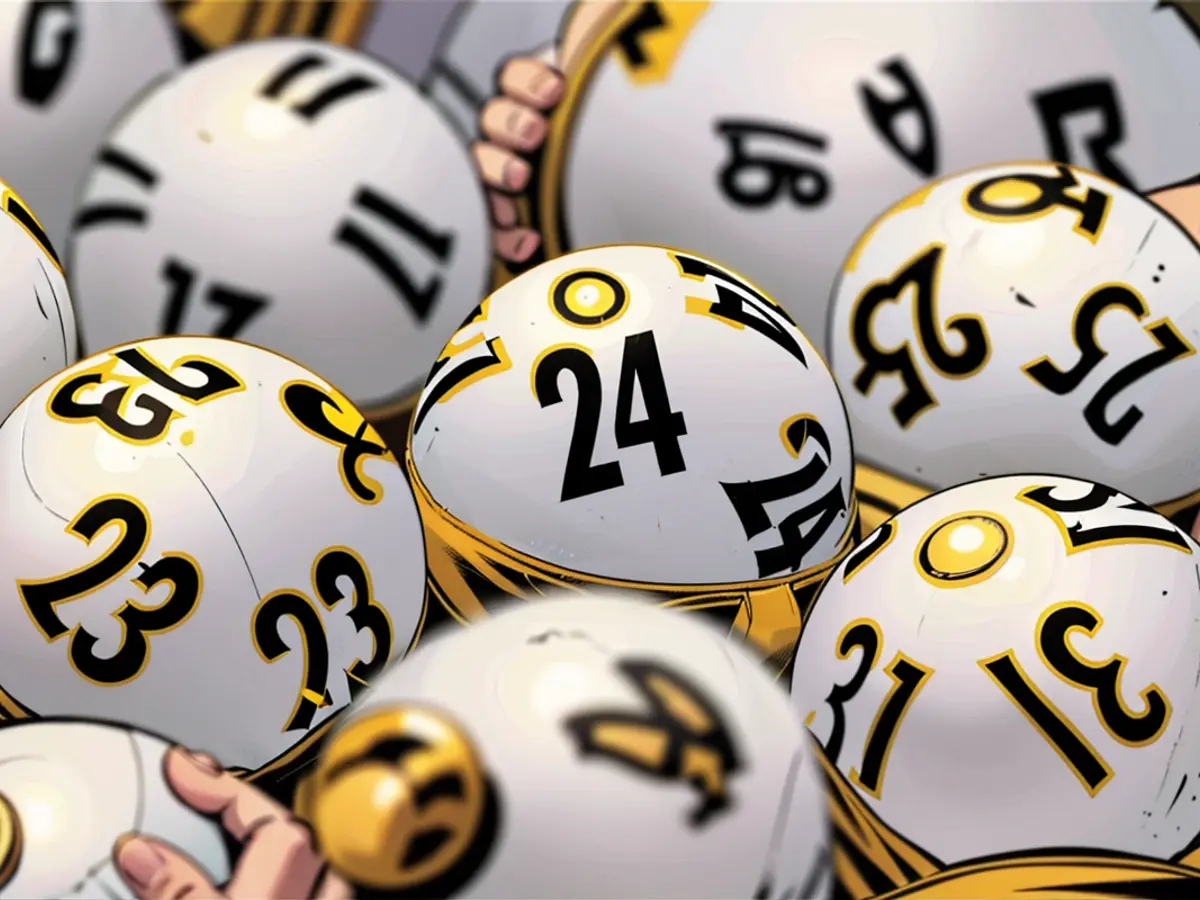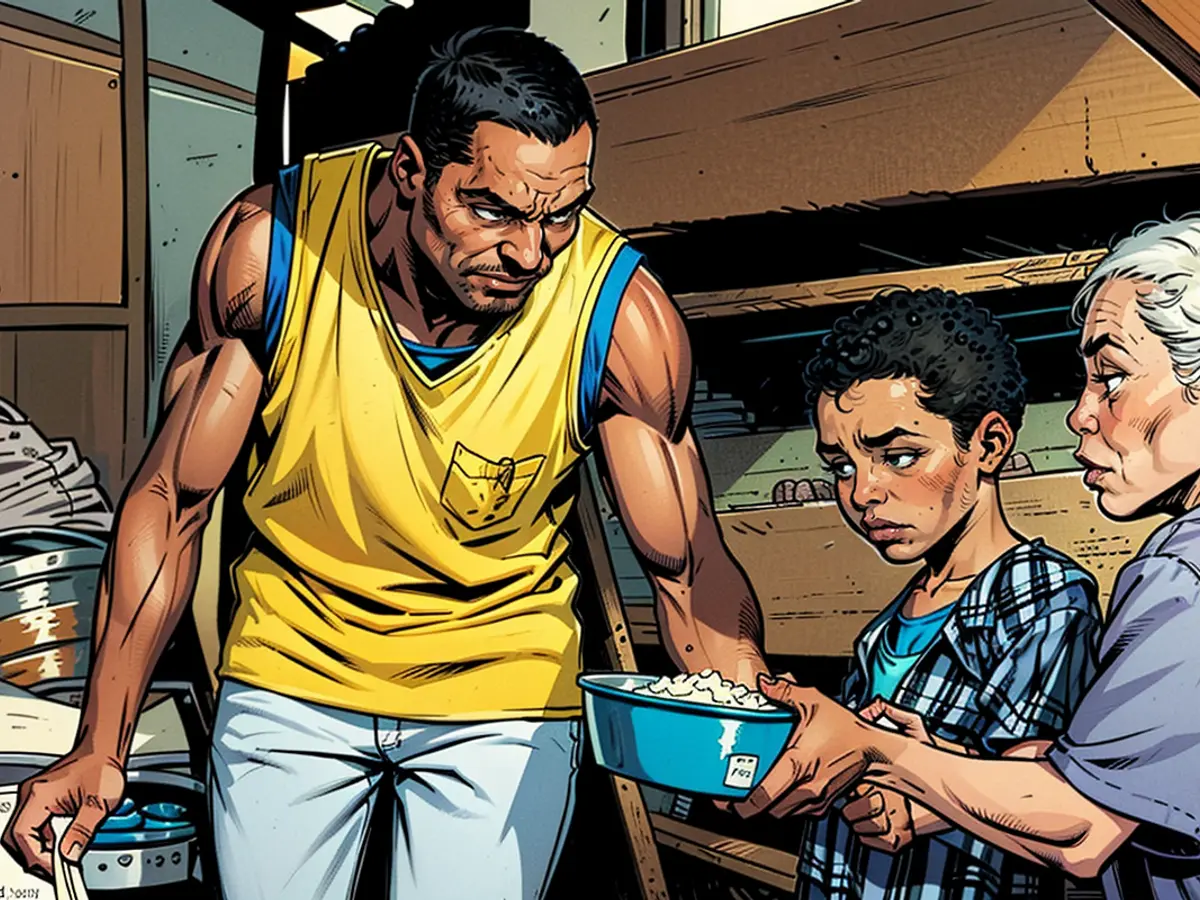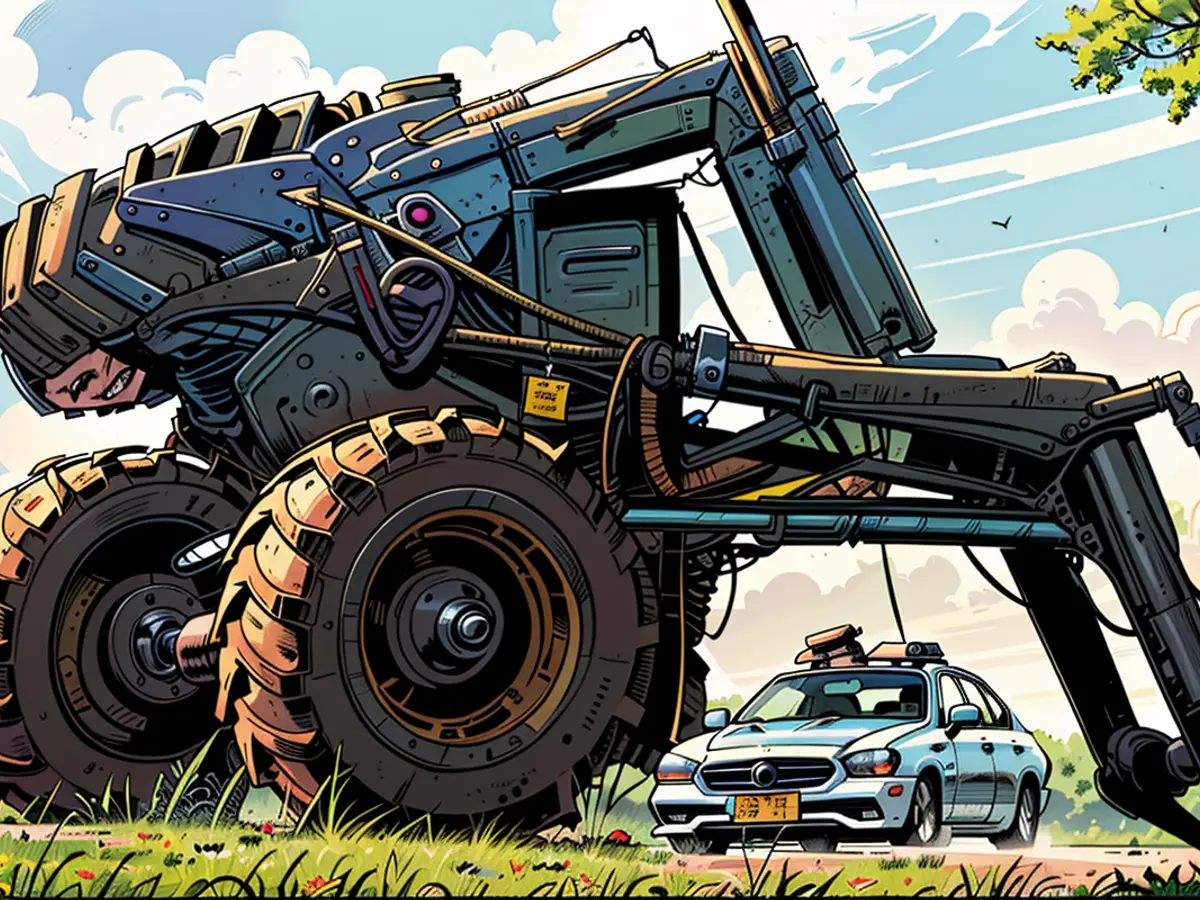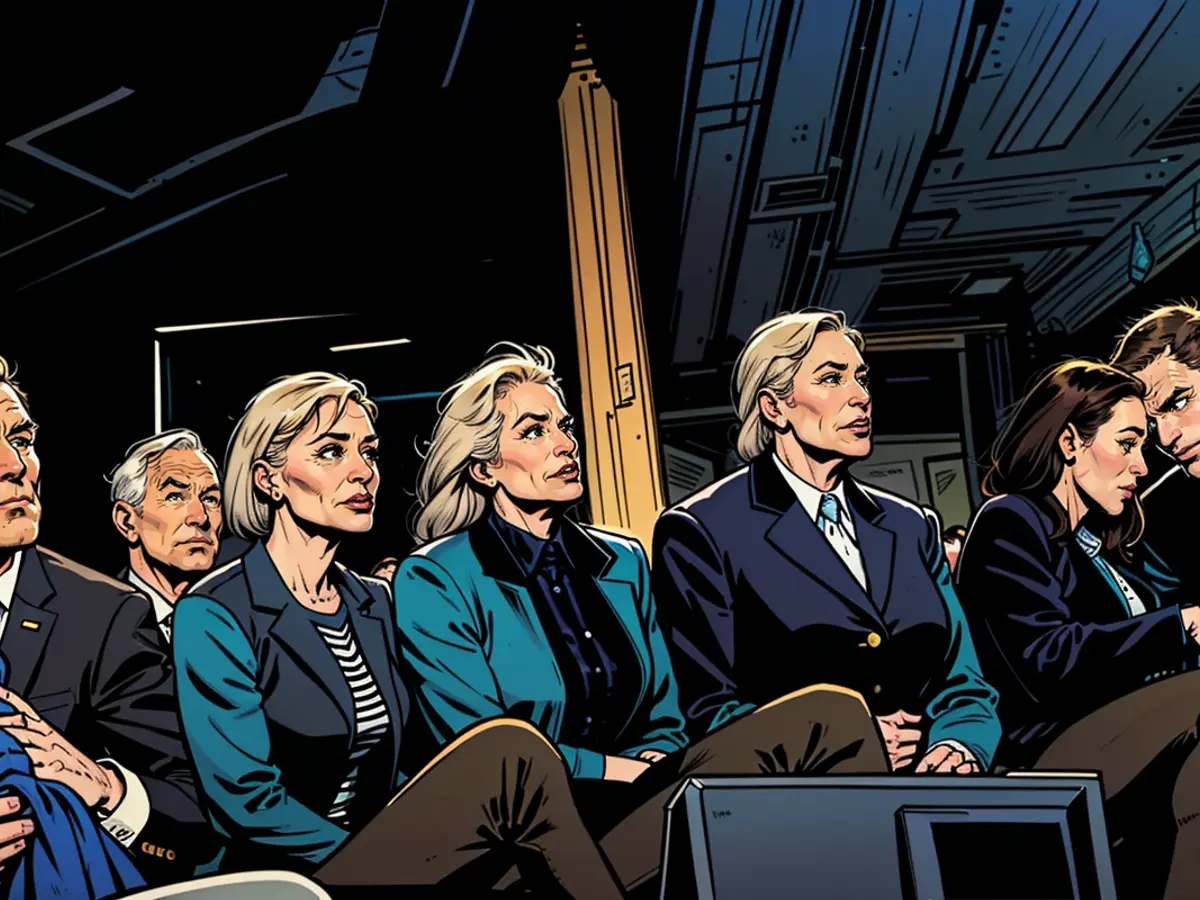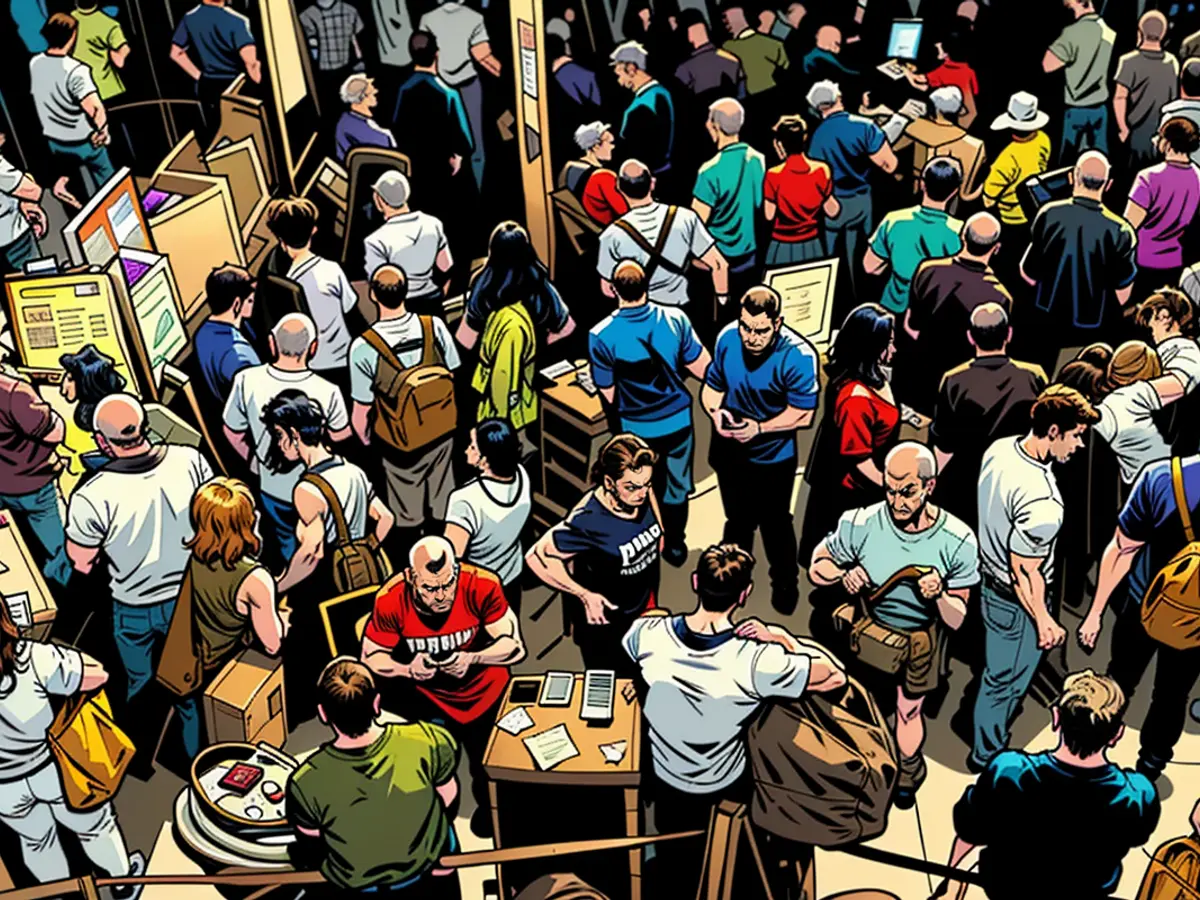Violence in Caribbean state - Murderers in Badelashen: This is how Haiti's notorious gangs look
Armed gangs have been terrorizing Haiti for years, spreading fear and terror in the capital Port-au-Prince. More than 300 gang organizations are reportedly fighting for dominance in the city's neighborhoods. The gangs fight amongst themselves but also collaborate to attack public institutions such as police stations and prisons, as well as government buildings. With this approach, they have largely taken control of Port-au-Prince.
Dramatic increase in gang victims in Haiti
At the end of February and beginning of March, the two most powerful gang alliances, the "G9 – Family and Allies" and G–PEP, freed over 4600 inmates from prisons in the capital, according to the United Nations Office on Drugs and Crime (UNODC). Among the released were reportedly gang leaders and individuals suspected of involvement in the assassination of Haitian President Jovenel Moïse in July 2021.
After the releases, the gangs recruited thousands of new members. Children are reportedly recruited by the UN as well, with boys used as lookouts during kidnappings and robberies and girls for domestic work or as spies. Some children attempting to escape have been reportedly executed.
Approximately 2500 people were killed or injured by gang violence in the first quarter of 2024, according to the UN. This is an increase of 53% compared to the previous reporting period. The first quarter of 2024 was the bloodiest since the United Nations began statistical recording in January 2022.
UN observes "catastrophic humanitarian consequences"
The violence has now driven hundreds of thousands of Haitian women and men into exile. According to UN estimates, by mid-June, about 578,074 people had left their homes – a 60% increase from the beginning of March. Millions more are suffering from hunger.Haiti-17.22
The International Organization for Migration (IOM) considers this development a "direct consequence of the years of escalating violence [...] and their catastrophic humanitarian consequences". The ongoing crisis in Haiti is forcing more and more people to abandon their homes and leave everything behind. "They are not doing this lightly. And for many of them, this is not the first time."
The UN Security Council passed a resolution unanimously condemning gang violence and criminal activities in Haiti. In the document, council members expressed deep concern over illegal weapons and ammunition deliveries to Haiti, which are linked to the increasing territorial control by gangs and the "extreme level of armed violence", including sexual and gender-based violence.
A multinational security force led by Kenya has been supporting the Haitian police in fighting the gangs since a few weeks. The UN Security Council had authorized the mission in October of the previous year. Initially, 3000 peacekeeping forces from Kenya, Bangladesh, Benin, Chad, as well as the Caribbean countries Bahamas and Barbados are expected to ensure security in the country for one year.
At criminal groups, the security squad seems to be making an impact: The influential gang leader Jimmy "Barbecue" Cherizier, spokesperson for a "Coalition of Gangs" named Vivre Ensemble (Living Together), called for talks with Prime Minister Gary Conille at the end of June and offered the disarmament. A "national dialogue" should "enable the restoration of peace" in the Caribbean country. The former elite policeman, who is accused of numerous massacres in Port-au-Prince, emphasized in his speech, which was broadcast on TV, that his gangs should not be considered armed bands, but rebels and freedom fighters.
Conille reacted with a threat. A day after Cherizier's speech, he warned the gang leader: "Armed gangs have a very limited time to lay down their weapons." The state "will not wait forever."
The Mexican photojournalist Hector Adolfo Quintanar Perez visited the armed gangs in Port-au-Prince. The portraits in the photo series above offer a rare glimpse into the world of Haitian gangs.
In response to the UN Security Council's resolution condemning gang violence, a multinational security force, including forces from Caroline countries such as Bahamas and Barbados, began assisting the Haitian police in combating the gangs in Port-au-Prince. Despite these efforts, the influential gang leader Jimmy "Barbecue" Cherizier, based in Port-au-Prince, still maintained a significant presence and influence within the city.
